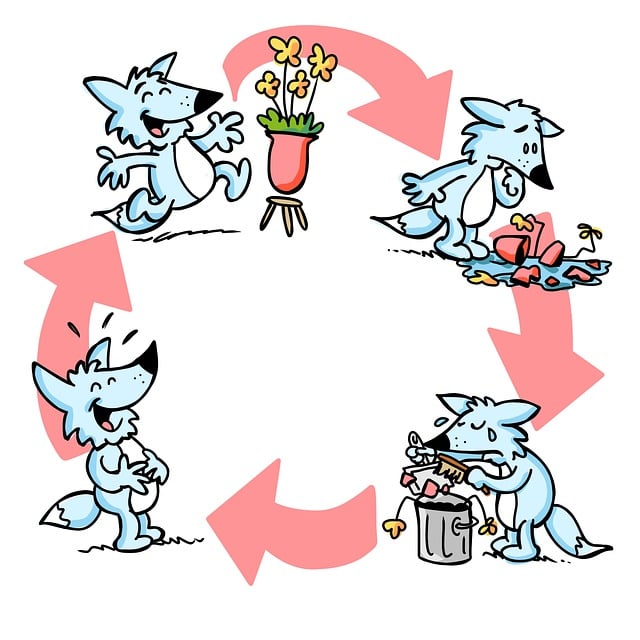Securing grandparent rights in Oregon requires a thorough grasp of the legal framework and court process, including relevant laws, petition filing, hearings, and arguments. Understanding the Oregon courtroom procedures is vital for protecting rights and strengthening connections with grandchildren. Key legal provisions like ORS 109.145 and ORS 109.165, along with case law from the Oregon Supreme Court, guide the process, balancing parental rights and the best interests of the child.
In Oregon, grandparents seeking rights to visit or gain custody of their grandchildren navigate a structured court process. This comprehensive guide unravels the intricate steps, from comprehending the legal framework that governs grandparent rights in the state to initiating a court action and understanding the subsequent procedures. By exploring key provisions, required documentation, and potential outcomes, this article equips grandparents with essential knowledge for navigating the Oregon court system effectively.
- Understanding the Legal Framework for Grandparent Rights in Oregon
- – Overview of grandparent rights in Oregon state laws
- – Key legal provisions and case law relevant to grandparent visitation and custody
Understanding the Legal Framework for Grandparent Rights in Oregon

In Oregon, grandparent rights are governed by specific legal frameworks designed to balance family dynamics and ensure the best interests of children. Understanding the court process is crucial for grandparents seeking legal recognition and time with their grandchildren. The first step involves familiarizing themselves with relevant laws, which outline the conditions under which grandparental rights can be established or restored. Key aspects include determining if the child’s parents are married, the duration of the parental relationship between grandparents and parents, and any existing custody arrangements.
The court process begins with filing a petition in the appropriate Oregon court. Grandparents must provide evidence demonstrating their relationship to the child and their fitness to have rights and responsibilities. This may include birth certificates, marriage licenses, and other legal documents. Once filed, the court will review the petition and determine if it meets the threshold requirements for grandparent rights. If approved, the case progresses through various stages, including hearings, where both parties present their arguments and evidence. Understanding this process is essential for grandparents navigating the Oregon court system to ensure their rights are protected and their relationship with their grandchildren can flourish.
– Overview of grandparent rights in Oregon state laws

– Key legal provisions and case law relevant to grandparent visitation and custody

In Oregon, grandparent rights are governed by specific legal provisions and case law that outline their visitation and custody entitlements. Key statutes like ORS 109.145 and ORS 109.165 provide a framework for grandparents to seek reasonable access to their grandchildren. These laws acknowledge the important role grandparents play in a child’s life and strive to balance the rights of parents with the best interests of the child.
Relevant case law, such as various decisions from the Oregon Supreme Court, has further refined these provisions. These judicial interpretations have emphasized that while parental rights are paramount, grandparent visitation should be encouraged unless it would cause significant harm to the child or disrupt their primary relationship with their parents. Understanding these legal principles is crucial for anyone navigating the court process in Oregon regarding grandparent rights, ensuring a well-informed approach to advocating for meaningful connections between grandparents and grandchildren.














